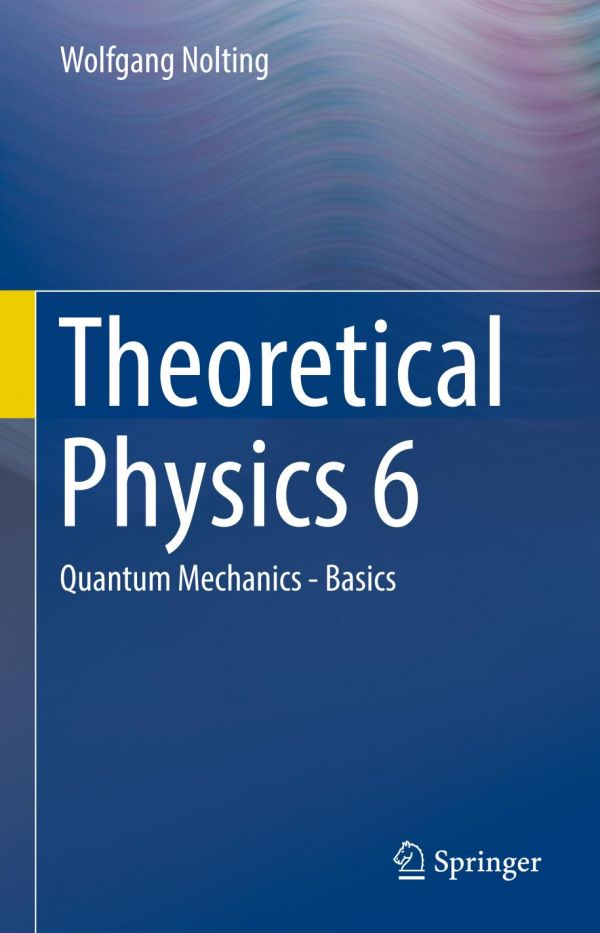

Most ebook files are in PDF format, so you can easily read them using various software such as Foxit Reader or directly on the Google Chrome browser.
Some ebook files are released by publishers in other formats such as .awz, .mobi, .epub, .fb2, etc. You may need to install specific software to read these formats on mobile/PC, such as Calibre.
Please read the tutorial at this link: https://ebookbell.com/faq
We offer FREE conversion to the popular formats you request; however, this may take some time. Therefore, right after payment, please email us, and we will try to provide the service as quickly as possible.
For some exceptional file formats or broken links (if any), please refrain from opening any disputes. Instead, email us first, and we will try to assist within a maximum of 6 hours.
EbookBell Team

5.0
48 reviewsThis
textbook offers a clear and comprehensive introduction to the basics of
quantum mechanics, one of the core components of undergraduate physics
courses. It follows on naturally from the previous volumes in this
series, thus developing the physical understanding further on to
quantized states. The first part of the book introduces wave equations
while exploring the Schrödinger equation and the hydrogen atom. More
complex themes are covered in the second part of the book, which
describes the Dirac formulism of quantum mechanics.
Ideally
suited to undergraduate students with some grounding in classical
mechanics and electrodynamics, the book is enhanced throughout with
learning features such as boxed inserts and chapter summaries, with key
mathematical derivations highlighted to aid understanding. The text is
supported by numerous worked examples and end of chapter problem sets.
About the Theoretical Physics series
Translated
from the renowned and highly successful German editions, the eight
volumes of this series cover the complete core curriculum of theoretical
physics at undergraduate level. Each volume is self-contained and
provides all the material necessary for the individual course topic.
Numerous problems with detailed solutions support a deeper
understanding. Nolting is famous for his refined didactical style and
has been referred to as the "German Feynman" in reviews.